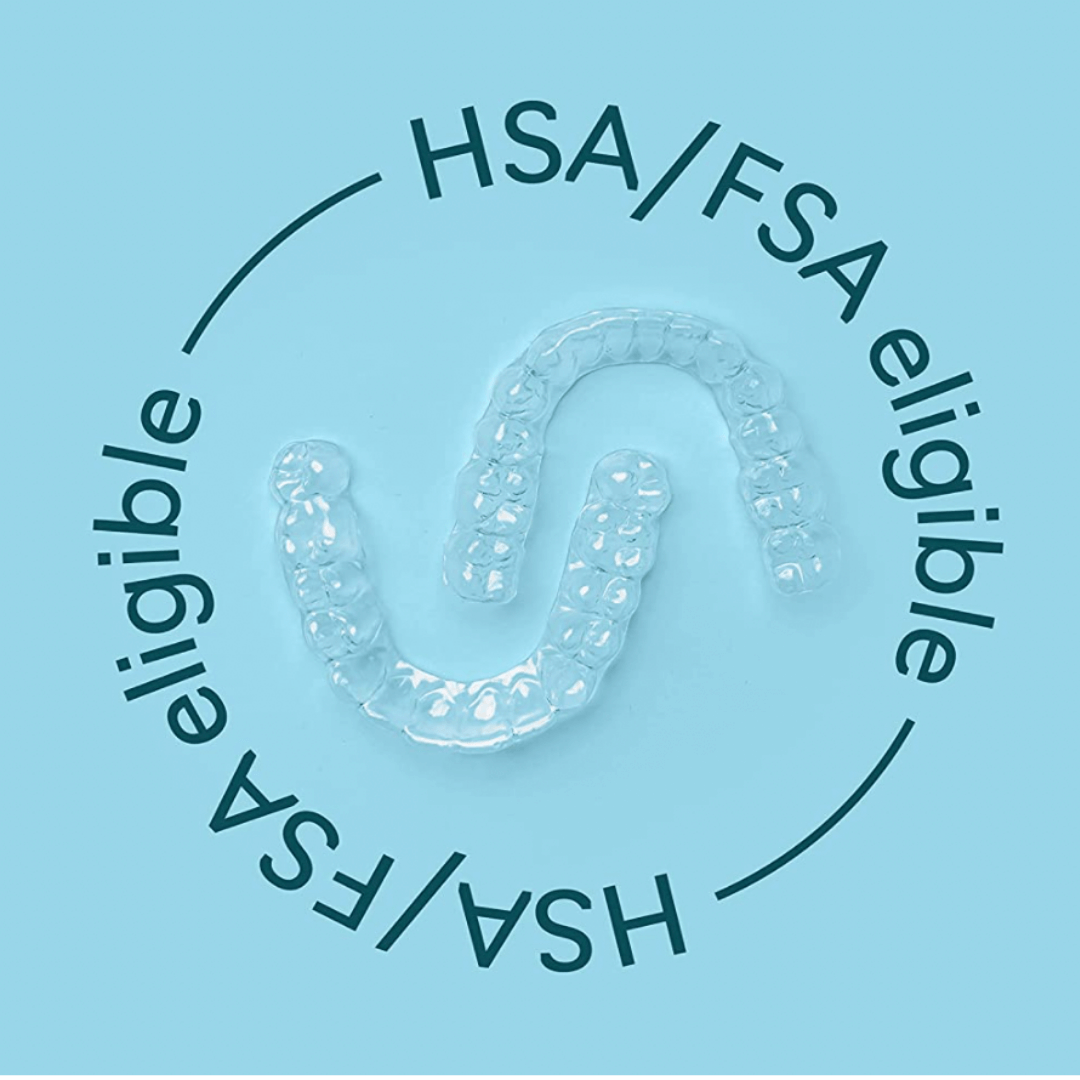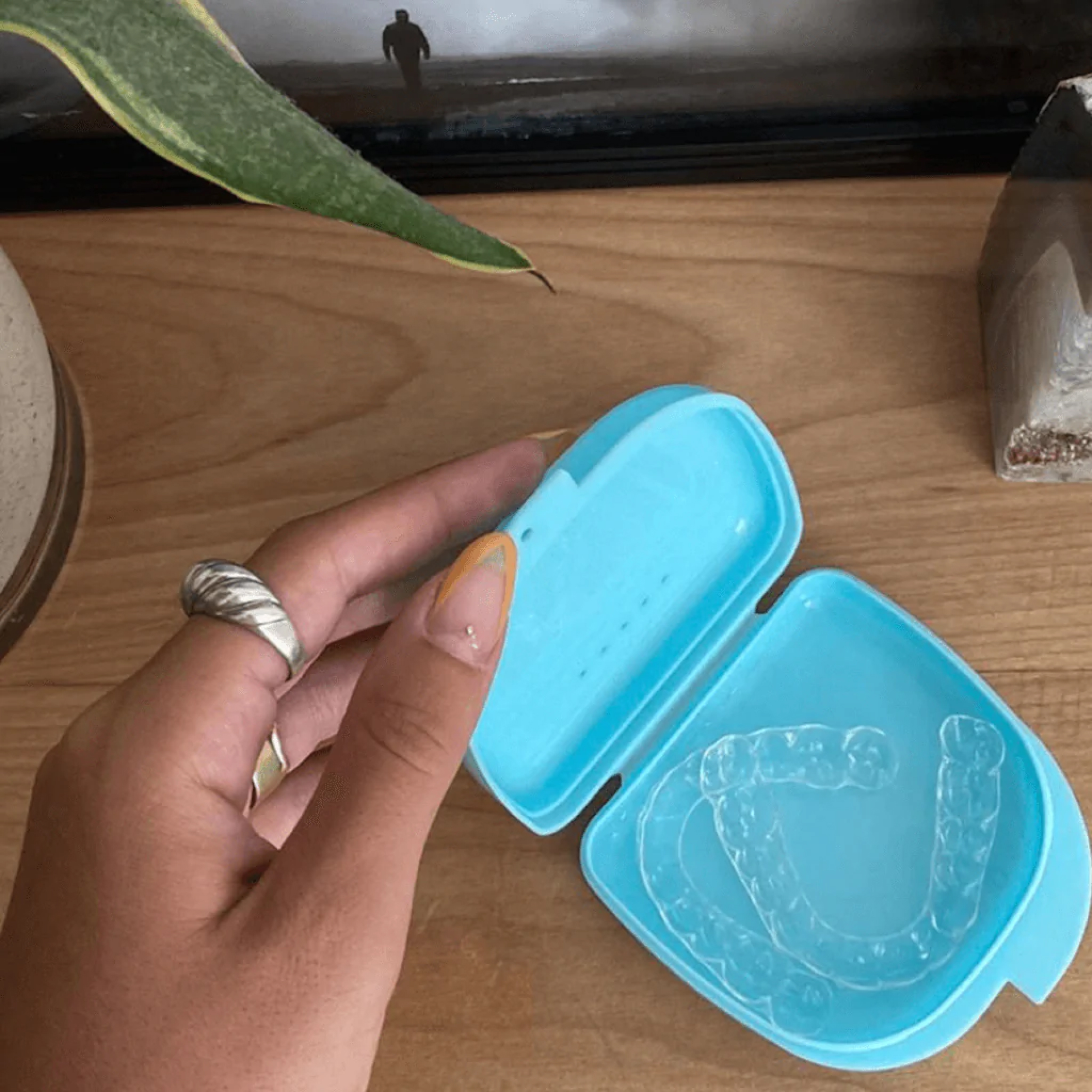Should You Be Able to Comfortably Close Your Mouth with a Custom Night Guard?
A custom night guard can be a helpful tool for those suffering from teeth grinding, jaw pain, and sleep disturbances. But when it comes to the effectiveness and comfort of a night guard, proper fit is crucial. This article will delve into the purpose of a custom night guard and help you understand the importance of being able to comfortably close your mouth while wearing one. We'll also explore the factors to consider while choosing a night guard to ensure maximum effectiveness and comfort.
Understanding the Purpose of a Custom Night Guard
A custom night guard is a dental appliance that is designed to protect your teeth from grinding and clenching while you sleep. The guard is made from an impression of your teeth, ensuring a perfect fit that is comfortable to wear throughout the night. The purpose of a custom night guard is to provide several benefits that contribute to your overall oral health and well-being.
Protecting Your Teeth from Grinding and Clenching
Bruxism, the medical term for teeth grinding and clenching, is a common condition that affects many people. One of the main purposes of a custom night guard is to protect your teeth from the damaging forces associated with bruxism. Over time, repetitive grinding and clenching can result in tooth fractures, worn enamel, and even tooth loss. A well-fitted custom night guard creates a barrier between your teeth, protecting them from these harmful effects.
It is important to note that over-the-counter night guards may not fit properly, leading to discomfort and inadequate protection. A custom night guard, on the other hand, is designed specifically for your teeth, ensuring maximum protection and comfort.
Reducing Jaw Pain and Tension
Another consequence of bruxism is temporomandibular joint disorder (TMD), which affects the hinge-like joints that connect your jaw to your skull. TMD can lead to chronic jaw pain, headaches, and difficulty opening and closing your mouth. A properly designed custom night guard can help alleviate these symptoms by redistributing the pressure from clenching and grinding, providing relief and promoting relaxation of the jaw muscles.
In addition to wearing a custom night guard, other methods of reducing jaw pain and tension may include practicing relaxation techniques, massaging the jaw muscles, and avoiding hard or chewy foods.
Improving Sleep Quality
Teeth grinding and clenching often occur during sleep, leading to poor sleep quality and potential disruptions for both the sufferer and their partner. By reducing the intensity and frequency of grinding and clenching, a custom night guard can significantly improve your sleep quality, resulting in better overall health and well-being.
Other methods of improving sleep quality may include establishing a consistent sleep schedule, avoiding caffeine and alcohol before bedtime, and creating a relaxing sleep environment.
Conclusion
A custom night guard serves several important purposes, including protecting your teeth from grinding and clenching, reducing jaw pain and tension, and improving sleep quality. If you are experiencing any of these issues, it may be time to consider a custom night guard as a solution. Consult with your dentist to determine if a custom night guard is right for you.
The Importance of a Proper Fit for Your Night Guard
For optimal results and comfort, it's essential to ensure that your custom night guard fits correctly. A proper fit is crucial for several reasons, including ensuring maximum comfort, preventing dislodgement during sleep, and reducing the risk of oral health issues.
Ensuring Maximum Comfort
A well-fitted custom night guard should allow you to comfortably close your mouth while effectively protecting your teeth and jaw muscles. If your night guard is too tight or poorly formed, it can cause discomfort, making it difficult to wear throughout the night. Conversely, a loose or ill-fitting night guard may not provide adequate protection, rendering it ineffective.
When you visit your dentist to get a custom night guard, they will take impressions of your teeth to create a mold. This mold will be used to create a night guard that fits your teeth and mouth's unique shape perfectly. The dentist will ensure that the night guard is not too tight or too loose, making it comfortable to wear while protecting your teeth and jaw muscles.
Preventing Dislodgement During Sleep
If your night guard doesn't fit correctly, there's a risk that it may become dislodged during sleep. This not only renders the night guard useless but can also create a choking hazard. A custom night guard designed to fit your mouth's unique contours will stay securely in place throughout the night.
It's important to note that a night guard that fits correctly may still become dislodged if you're an active sleeper. If you find that your night guard is becoming dislodged regularly, talk to your dentist. They may be able to adjust the night guard or recommend a different type of night guard that's better suited to your needs.
Reducing the Risk of Oral Health Issues
An improperly fitted night guard may also contribute to oral health issues, such as gum irritation or the development of sores. A comfortable, well-fitting night guard will help prevent these problems while effectively addressing the issues associated with bruxism and TMD.
Bruxism is a condition where you grind or clench your teeth while you sleep. This can cause tooth damage, headaches, and jaw pain. A night guard can help protect your teeth from damage and alleviate some of the symptoms associated with bruxism.
TMD (temporomandibular disorder) is a condition that affects the jaw joint and muscles. It can cause pain and discomfort in the jaw, face, and neck. A night guard may help alleviate some of the symptoms associated with TMD by reducing the amount of pressure on the jaw joint while you sleep.
Overall, a custom night guard that fits correctly is essential for optimal results and comfort. It can help prevent oral health issues, alleviate symptoms associated with bruxism and TMD, and protect your teeth and jaw muscles from damage. If you're experiencing any of these issues, talk to your dentist about getting a custom night guard today.
Factors to Consider When Choosing a Custom Night Guard
When selecting a night guard, there are a few key factors to keep in mind. These include the material and thickness of the guard, choosing between an upper or lower night guard, and weighing the benefits of professional versus over-the-counter options.
Material and Thickness
Different materials and thicknesses can be used in creating a custom night guard. The right choice for you will depend on the severity of your grinding and clenching, as well as your personal comfort preferences. It's essential to work with your dentist to determine the best combination of material and thickness for your unique needs.
Upper vs. Lower Night Guards
Custom night guards can be made for either your upper or lower teeth, with no significant difference in effectiveness between the two. The choice often comes down to personal preference and comfort. Some individuals may find that an upper night guard interferes less with their tongue, while others may feel that a lower guard is less bulky.
Professional vs. Over-the-Counter Options
While numerous over-the-counter night guards are available, a custom night guard made by a dental professional is generally of higher quality and provides a better fit. A properly fitted night guard can significantly improve both effectiveness and comfort, making it worth the investment in the long run.
How to Know if Your Night Guard Allows for Comfortable Mouth Closure
Once you have your custom night guard, there are a few ways to assess whether it allows for comfortable mouth closure, including checking your bite alignment, looking for gaps and pressure points, and evaluating your ability to breathe and swallow.
Assessing Your Bite Alignment
With your night guard in place, close your mouth naturally and assess how your teeth come together. Your bite should feel comfortable and balanced, without any excessive pressure or discomfort. If your bite feels off or causes pain, contact your dentist to have your night guard adjusted.
Checking for Gaps and Pressure Points
Inspect your night guard for any gaps or areas where it doesn't fit snugly against your teeth. These spaces can be a source of discomfort or reduce the night guard's effectiveness. Additionally, check for any areas where the night guard may be causing pressure against your gums or cheeks. If you notice any issues, consult your dentist for adjustments.
Evaluating Your Ability to Breathe and Swallow
Finally, ensure that you can comfortably breathe and swallow with your night guard in place. If you have difficulty performing either of these actions, it may be a sign that your night guard is not properly fitted or is obstructing your airway. If this is the case, consult with your dentist immediately.
In conclusion, being able to comfortably close your mouth with a custom night guard is essential for both effectiveness and ease of use. By understanding the purpose of a night guard, taking the time to ensure a proper fit, and carefully considering the factors involved in choosing a night guard, you can significantly improve your oral health and sleep quality.




